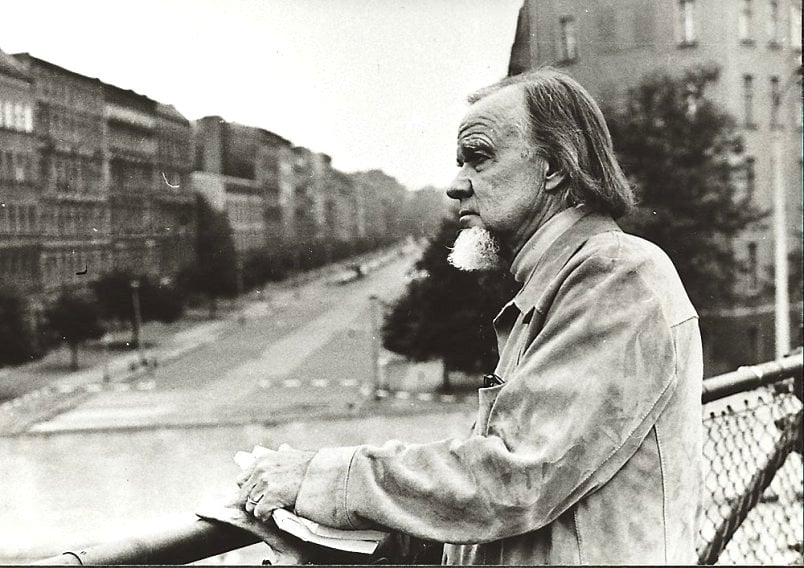In 2008 Wesley Hill wrote the following:
In 1947, the great English poet W. H. Auden wrote a letter to his friend Ursula Niebuhr in which he confessed: “I don’t think I’m over-anxious about the future, though I do quail a bit before the possibility that it will be lonely. When I see you surrounded by family and its problems, I alternate between self-congratulation and bitter envy.”
The root of Auden’s fear of loneliness and his envy of the comforts of family is not hard to uncover: Auden was a homosexual Christian. And this dual identity created a tension for him: As a Christian of a relatively traditional sort, he believed homosexuality missed the mark of God’s good design for human flourishing. But as a homosexually oriented person, despite his Christian beliefs, he craved intimacy and companionship with other men. Caught on the horns of a dilemma like that, what was he to do with his loneliness? …
I am drawn to these haunting confessions of Auden’s because I, too, am a homosexual Christian. Since puberty, I’ve been conscious of an exclusive attraction to persons of my own sex. Though I have never been in a gay relationship as Auden was, I have also never experienced the “healing” or transformation of my sexual orientation that some formerly gay Christians profess to have received. But I remain a Christian, a follower of Jesus. And, like Auden, I accept the Christian teaching that homosexuality is a tragic sign that things are “not the way they’re supposed to be.” Reading New Testament texts like Romans 1:26-27 and 1 Corinthians 6:9-11 through the lens of time-honored Christian reflection on the meaning and purpose of marriage between a man and a woman, I find myself—much as I might wish things to be otherwise—compelled to abstain from homosexual practice.
As a result, I feel, more often than not, desperately lonely.
Login to read more
Sign in or create a free account to access Subscriber-only content.
Topics:
